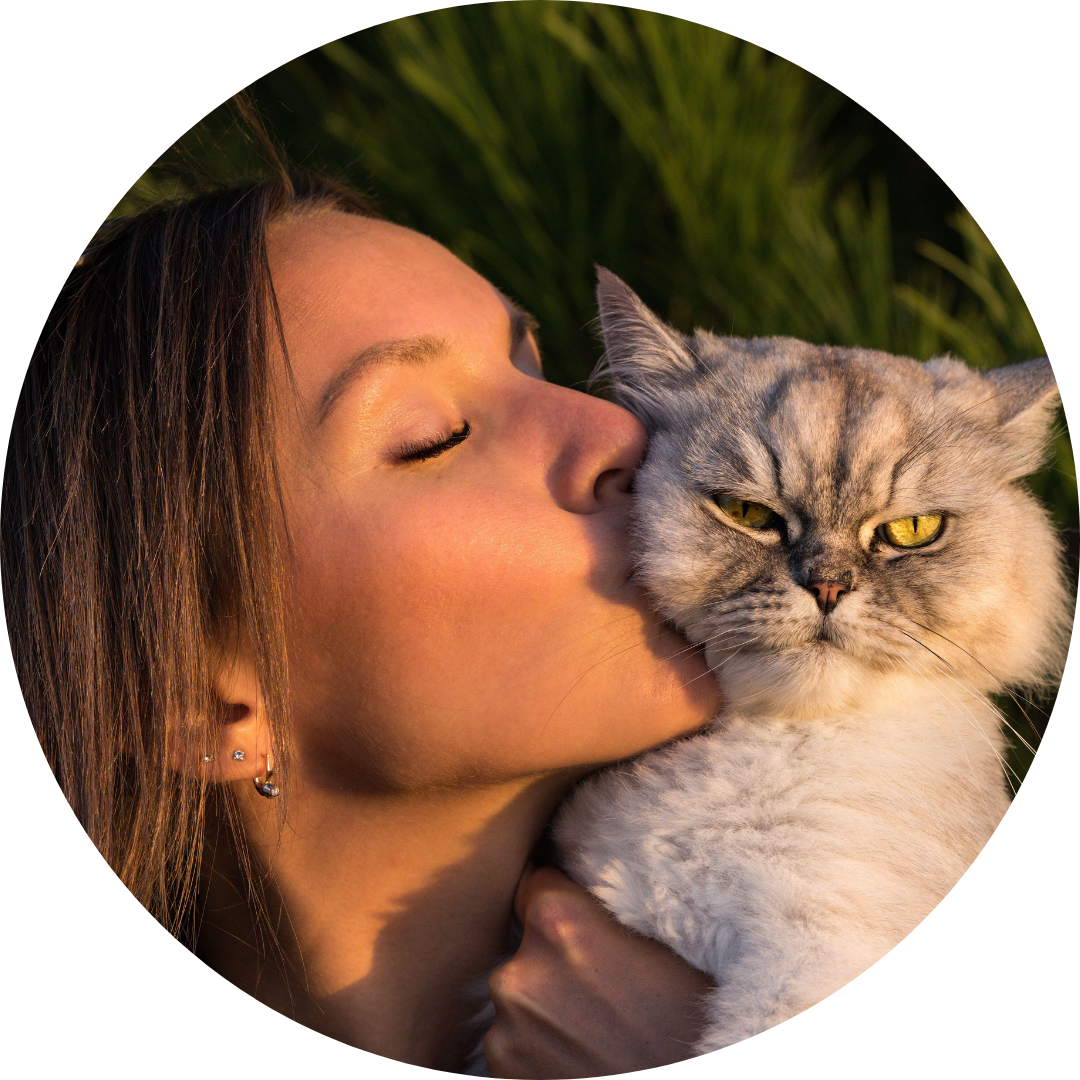In this Article
I’ve always believed that cats are mysterious creatures—but also fairly predictable. They love boxes, ignore expensive toys, and sleep in the oddest places. But one day, my parents’ cat Nancy taught us a lesson I’ll never forget—about how important it is to pay attention to what seems like “just weird behavior.”
🐾 Nancy and Her Love for Plastic
Nancy is a fluffy, calm, slightly aloof cat with expressive eyes. She’s never been particularly playful, but out of nowhere, she started chewing on plastic bags. Not just playing with them—she actively sought them out, gnawed on corners, and even licked bottle caps. My parents laughed it off: “She’s just being silly.” We joked that she was on a “plastic diet.”
But something about it didn’t sit right with me. It didn’t feel like play—it felt like a need.
🩺 A Vet Visit That Changed Everything
A few weeks later, Nancy had a routine vet appointment for vaccinations. Nothing unusual. But during the checkup, the vet took a closer look at her teeth. Turns out, Nancy had tartar buildup and inflamed gums. The vet explained that cats, like humans, can feel itchiness and discomfort in their gums—especially when plaque or tartar is present. And suddenly, everything made sense: her obsession with plastic was her way of scratching her gums, trying to relieve the irritation.
After a professional dental cleaning, the strange behavior vanished. Completely. No more bags, no more caps. Nancy returned to her usual, slightly lazy but charming self.
🧠 What I Learned
This experience was eye-opening. We often interpret our pets’ behavior as quirky or playful, but sometimes it’s their way of coping with physical discomfort. Cats are masters at hiding pain. They won’t complain or show weakness—but they will find ways to deal with it, even if those ways seem bizarre.
Now I regularly check my own cats’ teeth, monitor their breath, watch how they eat, and even how they play. Because oral health isn’t just about clean teeth—it affects their comfort, mood, energy, and even their personality.
💬 What About You?
Have your cats ever shown strange habits that turned out to be signs of something deeper? I’d love to hear your stories—and your insights might help other readers catch important signs early.
And if you’d like, share a photo of your furry friend in their favorite spot at home. Let’s make this blog not just helpful, but a cozy corner for everyone who loves cats as much as I do.


